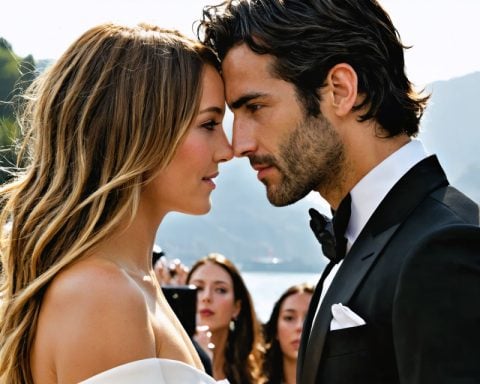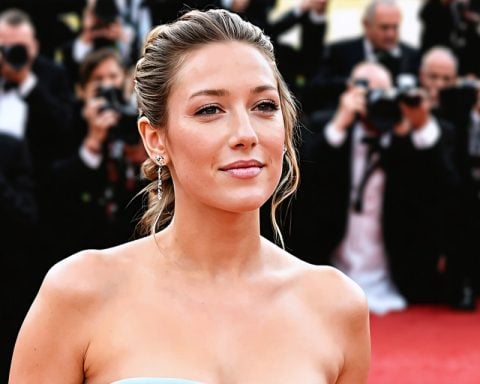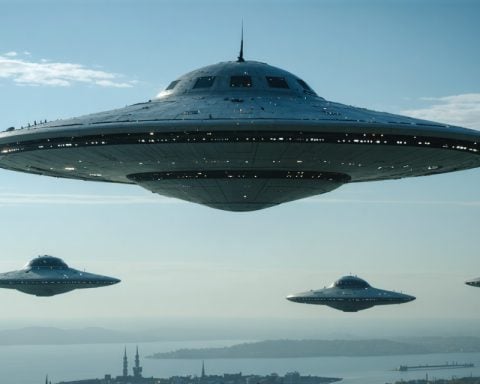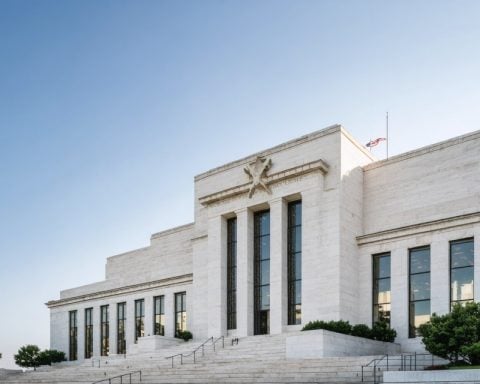This year’s New Year’s Eve festivities in Russia are drastically altered as President Vladimir Putin has banned fireworks in numerous cities due to the ongoing conflict in Ukraine. Traditionally, the grand display over Moscow’s iconic Kremlin and St. Basil’s Cathedral has been a hallmark of Russian celebrations, but the celebratory atmosphere is stifled this time.
In light of public sentiment, Moscow’s mayor, a staunch supporter of Putin, revealed survey results indicating that many citizens feel uncomfortable celebrating with fireworks during wartime. Concerns have been raised about the potential impact of loud explosions on war veterans and fears of sabotage from external forces. Consequently, popular locations like Red Square will remain closed to the public during the midnight countdown.
Fireworks displays have been curtailed not only in Moscow but across several major cities including St. Petersburg and Vladivostok. This significant change reflects a somber holiday season for many Russians as they grapple with the realities of ongoing conflict.
Adding an unusual twist, a potential UFO sighting lit up the skies in Siberia, captivating locals with a mysterious object breaking apart in the early hours of New Year’s Eve. Eyewitnesses captured the spectacle, speculating various explanations ranging from a meteor to a malfunctioning satellite re-entry. However, official confirmation from authorities regarding this event remains elusive, leaving many to wonder about the true origins of the strange sighting.
Fireworks Banned in Russia: A Different New Year’s Eve Celebration Amidst Conflict
Overview of New Year’s Eve in Russia 2023
This year’s New Year’s Eve celebrations in Russia are significantly altered due to the ongoing conflict with Ukraine, leading to a nationwide ban on fireworks in numerous cities, including Moscow and St. Petersburg. Traditionally, these cities are known for their spectacular firework displays, especially over the iconic Kremlin and St. Basil’s Cathedral. However, as tensions continue, the atmosphere is more subdued, reflecting public sentiment and safety concerns.
Public Sentiment and Concerns
Moscow’s mayor, aligned with President Vladimir Putin, revealed survey results indicating that many citizens feel wary of celebratory fireworks during wartime. A significant portion of the population expressed discomfort, primarily due to concerns about the impact of loud explosions on war veterans and the fear of potential sabotage amidst ongoing hostilities. Consequently, popular celebrations in locations such as Red Square will remain closed to the public, further dampening the usual festive spirit.
A Somber Holiday Season
The fireworks ban extends beyond Moscow to other major Russian cities, such as St. Petersburg and Vladivostok. This change highlights a somber reality for many Russians, who are navigating the harsh implications of the conflict during what is typically a joyous time of year. Many citizens are expected to participate in alternative forms of celebration, which may include gatherings with family and friends in quieter settings.
Mysterious UFO Sighting in Siberia
Adding an unusual element to the New Year’s Eve narrative, a potential UFO sighting captivated residents in Siberia. Witnesses reported seeing a mysterious object breaking apart in the sky during the early hours of New Year’s Eve. The phenomenon sparked various theories among locals, with speculations ranging from a meteor to a malfunctioning satellite re-entry. However, officials have yet to provide any confirmation or clarification regarding the event, leaving many wondering about its true nature.
Features of this Year’s Celebrations
1. Fireworks Ban: Officially imposed in multiple cities for safety and public comfort.
2. Public Gatherings: Restricted in key celebratory areas like Red Square.
3. Alternative Celebrations: Families are likely adapting to quieter, more intimate gatherings.
4. UFO Sightings: Add a touch of intrigue, with ongoing speculation about their origins.
Pros and Cons of the Fireworks Ban
Pros:
– Enhanced safety for war veterans and those affected by the conflict.
– Increased focus on community and family gatherings.
Cons:
– Reduced festive atmosphere and traditional celebrations.
– Public disappointment regarding the lack of iconic fireworks displays.
Conclusion
As Russia enters a new year, the ban on fireworks and the ongoing conflict redefine how citizens celebrate. While the season is marked by a more cautious and reflective approach, the mysterious UFO sighting adds a layer of curiosity that could lighten the mood amid challenging times. For more information on Russian celebrations and cultural changes, visit Тасс.



















